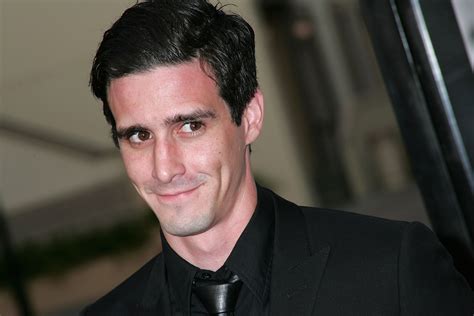A Quote by Lynne Tillman
There are lots of unlikable characters in literature. It doesn't mean they're not fascinating.
Quote Topics
Related Quotes
It's funny what [producer Richard Zanuck said about even though you can't quite place when the book or the story came into your life, and I do vaguely remember roughly five years old reading versions of Alice in Wonderland, but the thing is the characters. You always know the characters. Everyone knows the characters and they're very well-defined characters, which I always thought was fascinating. Most people who haven't read the book definitely know the characters and reference them.
What an artist does, is fail. Any reading of the literature, (I mean the literature of artistic creation), however summary, will persuade you instantly that the paradigmatic artistic experience is that of failure. The actualization fails to meet, equal, the intuition. There is something "out there" which cannot be brought "here". This is standard. I don't mean bad artists, I mean good artists. There is no such thing as a "successful artist" (except, of course, in worldly terms).
What is fascinating about a place like Los Angeles airport is that it is lots and lots of people, many of whom have saved up all their lives and channeled all of their energies toward coming to the promised land of abundance and plenty - the American Dream. But as soon as they arrive here they get a crash course in the American reality.
It's more like there are some really obvious things that are different and then lots and lots of smaller things, lots of things about who lives and who dies, civilizations that rose and fell, all the way down to individual characters. That becomes the state of where you left your galaxy. The endings have a lot more sophistication and variety in them.






































